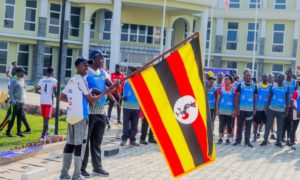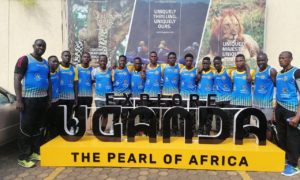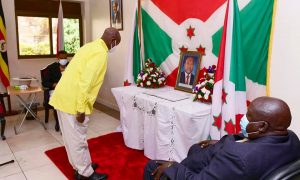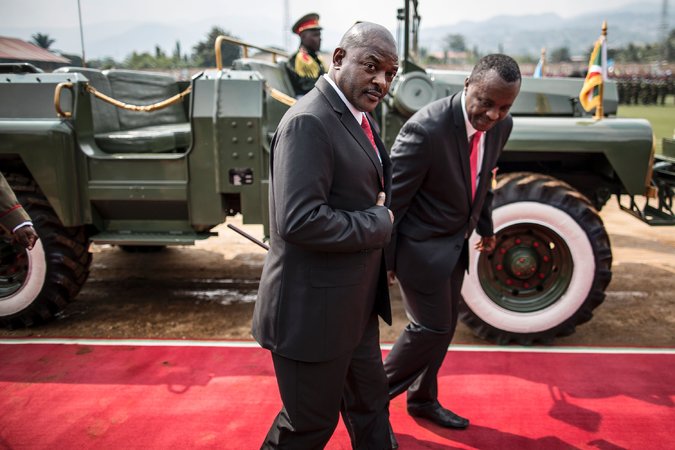
For more than two years, critics of President Pierre Nkurunziza of Burundi and independent activists have fallen victim to homicide, have disappeared into secret detention centers or escaped to neighboring countries, recounting torture and rape at the hands of the military and the police.
Now, United Nations human rights investigators say they believe Burundi’s top leaders and state security agencies committed crimes against humanity.
A panel of investigators set up by the United Nations Human Rights Council a year ago said on Monday that it delivered a list of suspects to the United Nations High Commissioner for Human Rights and was giving the Security Council another list of people it said should face sanctions. It urged the International Criminal Court to open an inquiry.
As the panel prepares to present its findings this month to the 47-member Human Rights Council, which includes Burundi, its report also raises questions about whether the country should be allowed to remain on the council.
“We were struck by the scale and the brutality of the violations,” Fatsah Ouguergouz, an Algerian jurist who led the three-person panel, said in a statement. The panel interviewed more than 500 witnesses over several months.
Mr. Ouguergouz did not name Mr. Nkurunziza as a suspect, but the panel attributed the crimes to “the highest levels of the state.” It also described a parallel system of government in which major decisions, including some that led to severe human rights violations, were made by the president and a small entourage of people close to him.
“The president is the spider in the center of this parallel system web,” Françoise Hampson, a member of the panel, said in an interview. Mr. Nkurunziza also controlled the state intelligence agency and other government organizations, and was therefore responsible for their conduct, she added.
The panel focused on events since April 2015, when Mr. Nkurunziza announced his intention to run for a third term — a violation of Burundi’s Constitution — leading to political unrest and a failed coup the next month.
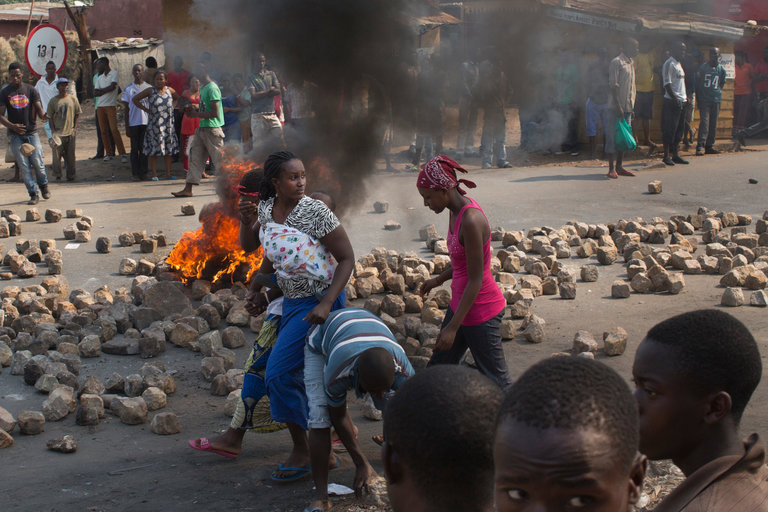
An opposition neighborhood in Bujumbura, the capital of Burundi, in July 2015, where clashes erupted after a member of the opposition was found dead in a ditch. Credit Tyler Hicks/The New York Times
It also resulted in a ferocious crackdown by security forces on anyone suspected of opposition, causing what the panel called a pervasive climate of fear. Mr. Ouguergouz said it was not possible to assess the number of victims, but the panel believes that hundreds of people were executed, thousands detained and more than 400,000 Burundians fled the country.
The panel found that the abuses “were frequently of an extremely cruel nature,” and in many instances inflicted serious physical and psychological trauma on victims, most of whom were young men suspected of opposition activities or sympathies.
Perpetrators identified by the panel include high-level officials of the country’s National Intelligence Services and the national police force, military officials and members of Imbonerakure, the ruling party’s youth league.
The panel’s investigations followed up an initial report issued a year ago that documented 564 killings in Burundi from April 2015 through August 2016 and said those numbers were probably conservative. Since 2016, the panel said, the authorities had committed some abuses “in a more clandestine but equally brutal manner.”
The testimony collected by the panel included: A woman’s description of being held down and repeatedly raped by men wearing police uniforms who had forced their way into her home after her husband was arrested. A man’ description of being held by the national intelligence agency in a cell with several bodies, some of them decapitated, and being threatened with the same fate if he did not reveal the information demanded.
New York Times



